
Professor Chris Lorenz
Chair of Faculty Computing Committee
Research interests
- Physics
Biography
Dr Chris Lorenz at the Thomas Young Centre
Biography
Chris Lorenz received a combined BS/MS in chemical engineering at the University of Michigan in 1997. Chris continued on to earn his PhD in chemical engineering in 2001 at the University of Michigan, under the supervision of Prof. Robert Ziff, with whom he investigated ‘Chemical Engineering Applications of Percolation Theory.’
In 2001, Chris moved to Albuquerque, NM to work as a postdoc in Multi-scale Materials and Molecular Biology Simulations group at Sandia National Laboratories. In Dec. 2005, Chris moved to Ames, IA where he worked as a research fellow in the Physics Department of Iowa State University and Ames National Laboratory. Chris was appointed as a lecturer at King’s College London in May 2007.
Research Interests
Chris is very interested in using his expertise in molecular and atomistic scale simulations to study the structural and mechanical properties of materials in biological, colloidal, interfacial and ionic systems. Recently, some of the areas that have drawn his attention are:
- Electrokinetic effects of ionic solutions in silica nanochannels
- Interfacial behaviour of water near titanium and silicon oxide surfaces
- The effect of molecular structure on the self-assembly of block copolymers into micelles and thin films
- The structural properties of proteins near mixed lipid membranes and/or self-assembled monolayers
- The hydration of colloidal micelles and mixed lipid bilayers
- The structural properties of confined water between self-assembled monolayers
- The structural and nanotribological properties of self-assembled monolayers
- The mechanical properties of bio-derived epoxy adhesives
Research
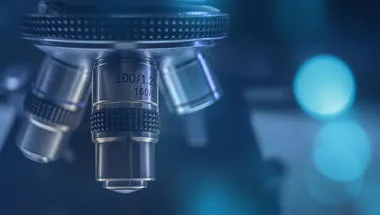
Biological Physics & Soft Matter
The Biological Physics and Soft Matter group aims to use bespoke technology and analytical methods borrowed from the Physical Sciences to address important fundamental questions in Biology.
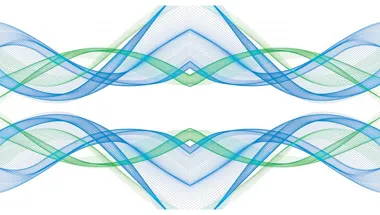
Centre for Non-Equilibrium Science (CNES)
CNES acts as an international hub for cross-disciplinary research in non-equilibrium science.
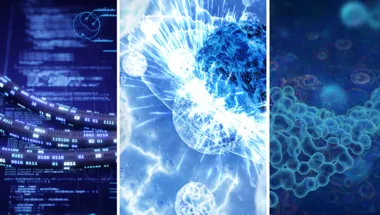
Cross-Disciplinary Approaches to Non-Equilibrium Systems (CANES)
The mission of CANES is to train future research leaders in the understanding, control and design of systems far from equilibrium, based on rigorous training in theoretical modelling, simulation and data-driven analysis, and a breadth of awareness of common themes across disciplines.
News
Researchers develop advanced software to speed up discovery of new polymers
The software facilitates the use of computer simulations at a complex molecular scale to design new polymer materials

King's academics receive National Physics Laboratory's most prestigious award
Study on new pre-clinical therapeutic paradigm for tackling antimicrobial resistance wins the Rayleigh Award for most outstanding published paper.
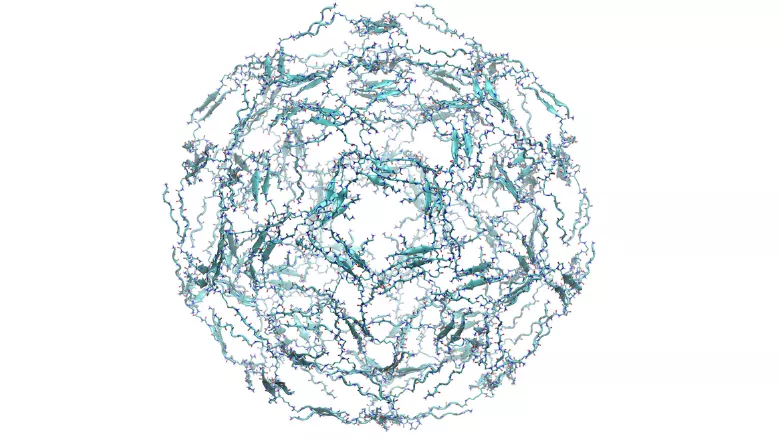
Researchers receive EPSRC grant to develop biosensor for the detection of coronavirus
The new technology will be used to quickly recognise surfaces contaminated with the virus.
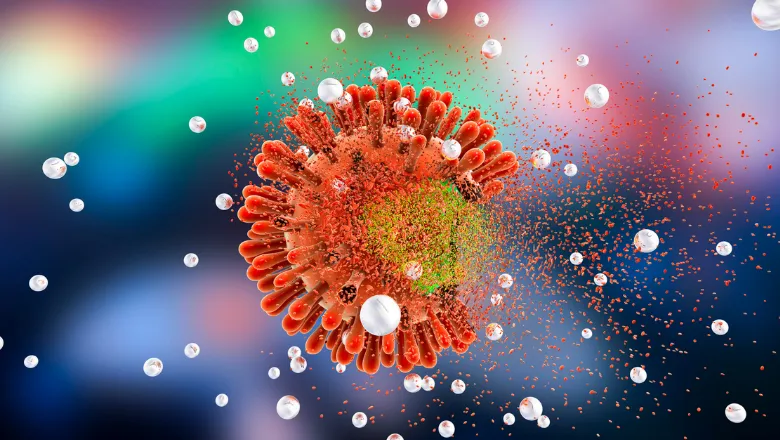
Nanostrand newsletter available for download
Nanostrand is the newsletter for the Photonics & Nanotechnology Group and the Biological Physics and Soft Matter Group in the Department of Physics.
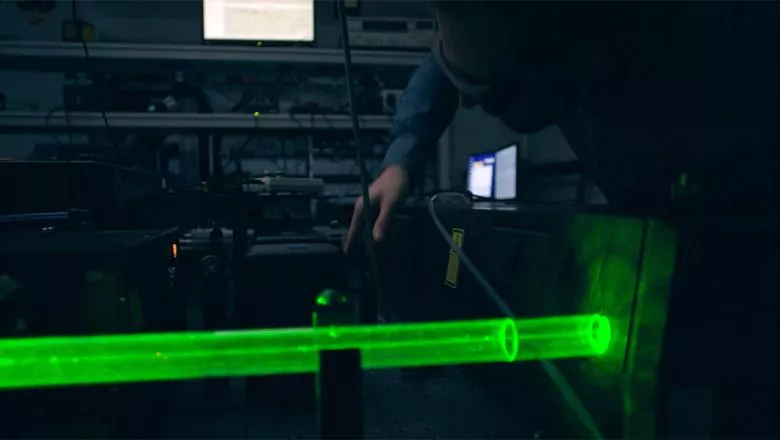
Rare immune cells drive gut repair, but can tip toward cancer or fibrosis in inflammatory bowel disease
Scientists from King’s College London have discovered an unexpected tissue reparative role for a rare immune cell type in the gut.
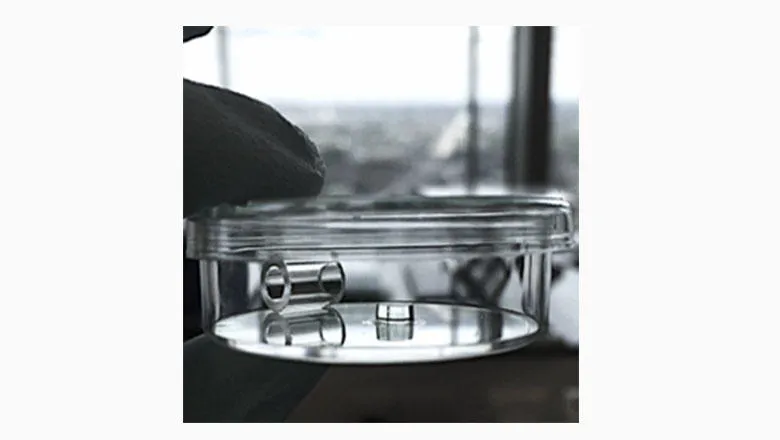
King's computer labs redeployed towards global coronavirus research
The Faculty of Natural & Mathematical Science’s (NMS) Computing Support team is taking part in a global computational effort led by Folding@home to identify...
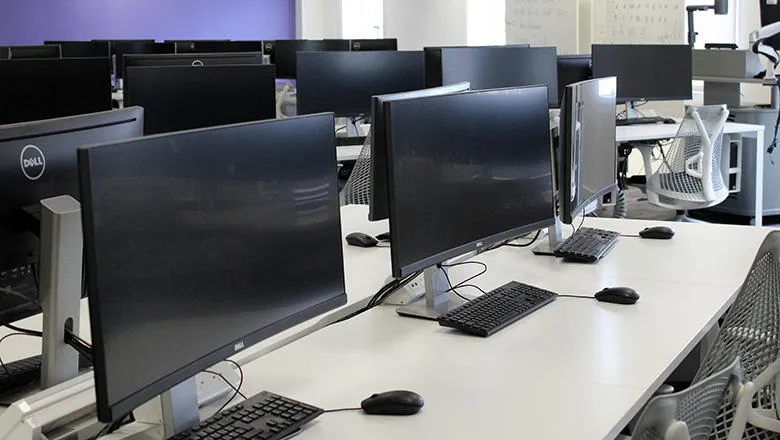
Dr Chris Lorenz published in Scientific Reports
Antimicrobial peptides (AMPs) are natural antibiotics, which have gathered a lot of attention because of the need to discover new antibiotics to combat the...

King's scientists help develop artificial 'virus' to combat superbugs
Scientists develop synthetic antibiotic, specifically designed to fight resistant bacterial infections.
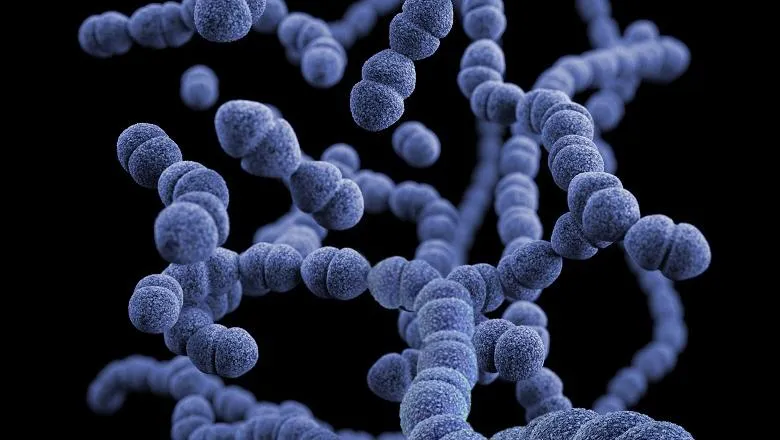
Research

Biological Physics & Soft Matter
The Biological Physics and Soft Matter group aims to use bespoke technology and analytical methods borrowed from the Physical Sciences to address important fundamental questions in Biology.

Centre for Non-Equilibrium Science (CNES)
CNES acts as an international hub for cross-disciplinary research in non-equilibrium science.

Cross-Disciplinary Approaches to Non-Equilibrium Systems (CANES)
The mission of CANES is to train future research leaders in the understanding, control and design of systems far from equilibrium, based on rigorous training in theoretical modelling, simulation and data-driven analysis, and a breadth of awareness of common themes across disciplines.
News
Researchers develop advanced software to speed up discovery of new polymers
The software facilitates the use of computer simulations at a complex molecular scale to design new polymer materials

King's academics receive National Physics Laboratory's most prestigious award
Study on new pre-clinical therapeutic paradigm for tackling antimicrobial resistance wins the Rayleigh Award for most outstanding published paper.

Researchers receive EPSRC grant to develop biosensor for the detection of coronavirus
The new technology will be used to quickly recognise surfaces contaminated with the virus.

Nanostrand newsletter available for download
Nanostrand is the newsletter for the Photonics & Nanotechnology Group and the Biological Physics and Soft Matter Group in the Department of Physics.

Rare immune cells drive gut repair, but can tip toward cancer or fibrosis in inflammatory bowel disease
Scientists from King’s College London have discovered an unexpected tissue reparative role for a rare immune cell type in the gut.

King's computer labs redeployed towards global coronavirus research
The Faculty of Natural & Mathematical Science’s (NMS) Computing Support team is taking part in a global computational effort led by Folding@home to identify...

Dr Chris Lorenz published in Scientific Reports
Antimicrobial peptides (AMPs) are natural antibiotics, which have gathered a lot of attention because of the need to discover new antibiotics to combat the...

King's scientists help develop artificial 'virus' to combat superbugs
Scientists develop synthetic antibiotic, specifically designed to fight resistant bacterial infections.

